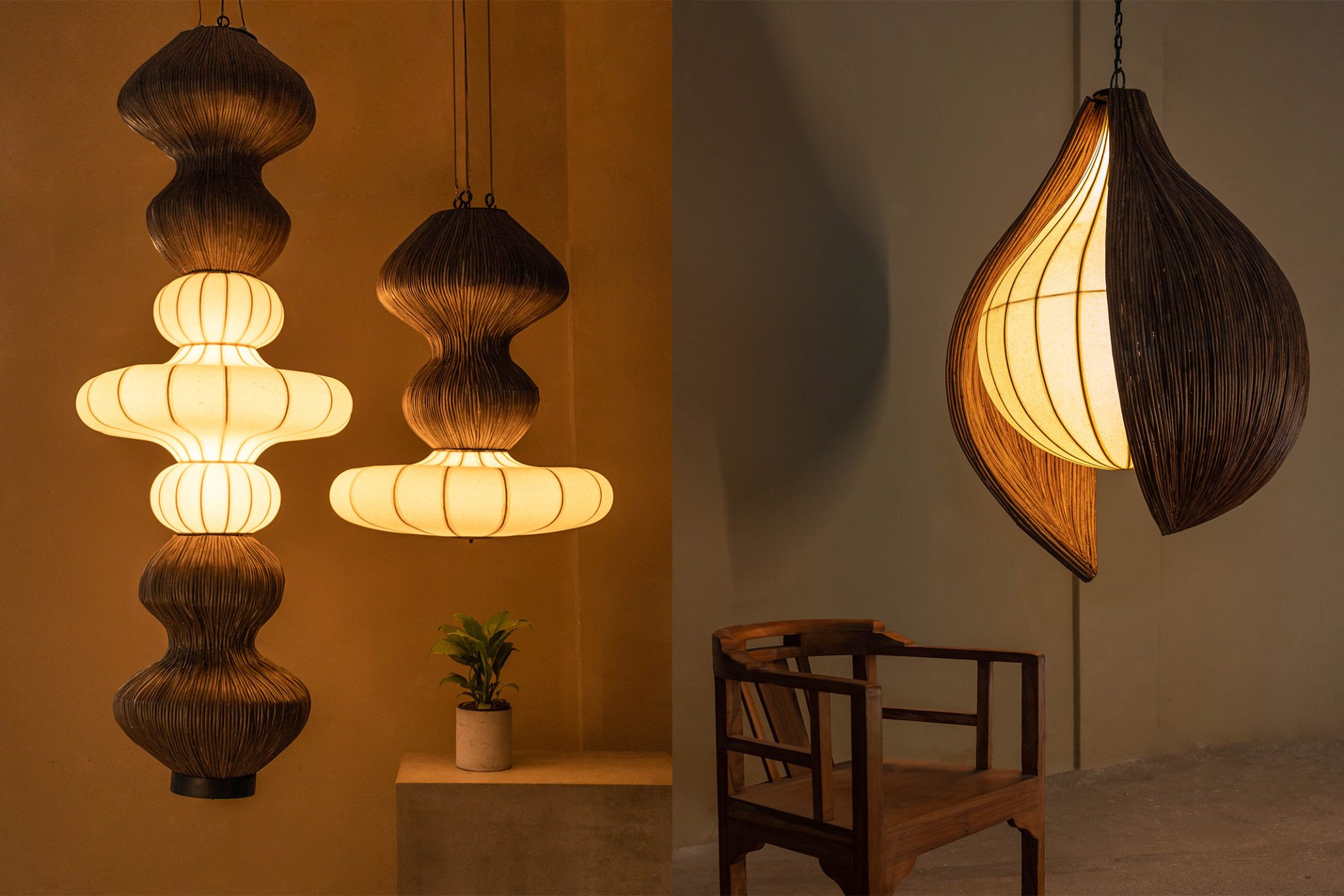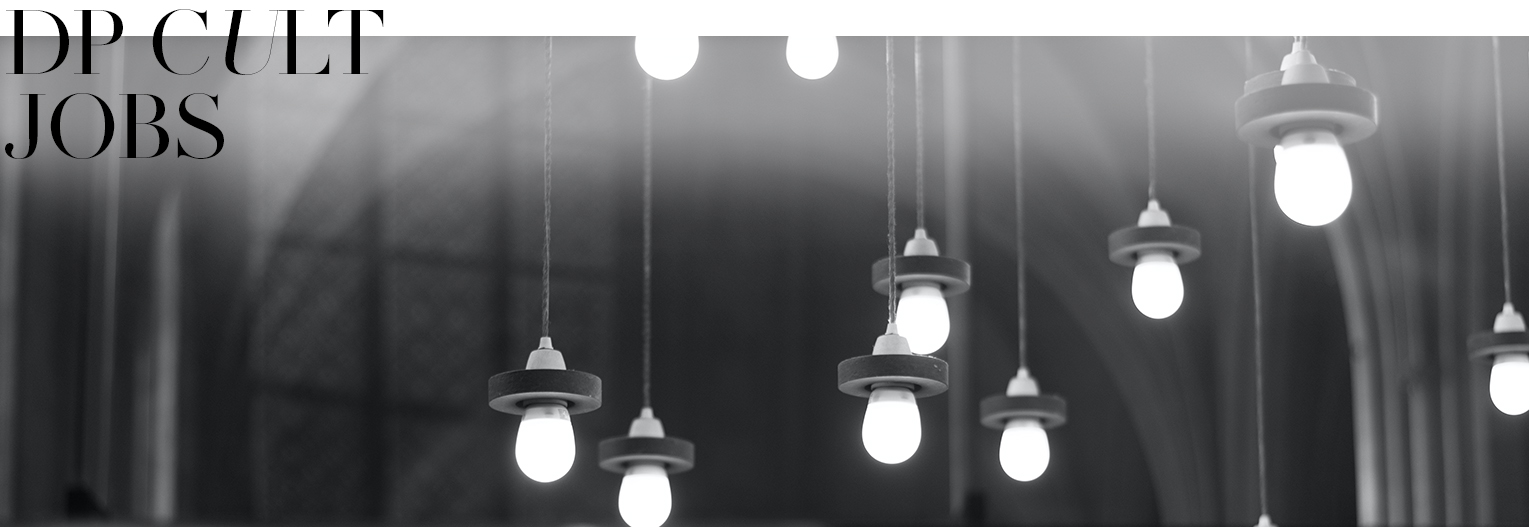On The Sets Of Heeramandi: Everything You Need to Know About Sanjay Leela Bhansali Largest Set Production Ever
- 13 Jun '24
- 6:19 pm by admin
Step into the sumptuous world of Heeramandi: The Diamond Bazaar, the most ambitious set production ever undertaken by Sanjay Leela Bhansali. The well-received Netflix show Heeramandi promises a glimpse into the world of courtesans in Lahore. Here, we delve into the secrets behind this meticulously crafted masterpiece that transported viewers to a bygone era where love, dance, and revolution intertwined. For seven months, 700 artisans worked at Mumbai’s Film City to construct the set on about 60,000 wooden planks and metal frames. The set includes Shahi Mahal of Mallikajaan, the most well-known courtesan in Heeramandi,Khwabgaah, the palace of Fareedan, a rival courtesan, a regal hotel, a white mosque, and several roads and shops, in addition to smaller homes, all showcasing the grandeur of Lahore of the 1940s.
Also read: On The Sets Of Made In Heaven: Everything You Didn’t Know About The Khanna Residence

Blend Of Opulence And Realism
Heeramandi’s set designers successfully struck a balance between portraying the opulent lifestyle of the courtesans and ensuring the sets felt grounded in a specific historical and social context. “When it comes to the balance between opulence and realism in Heeramandi’s portrayal of the courtesans, there’s a phrase I heard during narration from Sanjay sir that sticks with me: ‘Those who haven’t seen Lahore haven’t truly lived.’” mentions Subrata Chakravarty, set and art designer of Heeramandi.
“After learning about how beautiful and vibrant Lahore was then, we aimed to depict it accordingly. Heeramandi was adorned in a very colourful and beautiful manner. Incorporating the right texture and weathering was crucial to give it a grungy feel, reminiscent of Lahore‘s references. We built the courtesans’ quarters while keeping both opulence and realism in mind, incorporating textures such as weathered, exposed bricks.”

A Glimpse of Pre-Partition Lahore
Heeramandi’s extravagant set architecture was based on thorough research of the architectural styles in Pakistan and Lahore from the 1940s. The set designers meticulously recreated the magic of the arches, brick patterns, and overall architectural beauty of that time. Their goal was to bring Heeramandi to life anchored with a strong sense of realism through the set design.
Also read: RRR’s Naatu Naatu, Golden Globe Winner Was Shot At The Residence of Ukrainian President Zelenskyy

“The primary inspiration came from the story that the director shared with us. His vivid, pictorial portrayal of the story with our entire team was our biggest source of inspiration. We then began studying Lahore‘s architecture, which seemed quite different from contemporary Indian architecture. It had a distinct Punjabi feel but was still unique. We tried to bring that essence into the series. The director also mentioned that we should watch Pakeezah, so we watched it several times, including 3-4 times with him. We wanted to understand how they depicted opulence during that period,” remarks Chakravarty.

Thoughtfully Curated Furnishings
Undoubtedly, the sets in Heeramandi were meticulously crafted. The show’s production designers ensured that every piece of furniture, upholstery, and decor blended seamlessly with the overall design aesthetic. When dressing up the set, including the props and fabrics, the set designers had to consider the upholstery and how everything would come together carefully. Their work began with planning where and how to source the props and upholstery. For items they couldn’t find such as chandeliers, candelabras, small decorative knick-knacks, and utensils– they crafted them after conducting extensive research or brought in old items and antique furniture from Gujarat.

“We created authentic props and furniture by basing our materials and designs on thorough research. Our main source of inspiration was the ideas and experiences shared by our director. Additionally, Moin Beg, the series’ writer, was quite helpful. He shared many stories from Pakistan, describing the furniture and items he had seen there. We also researched independently to ensure authenticity in all our props and furniture. This entire process took considerable time, and our whole team dedicated themselves wholeheartedly,” adds Chakravarty.
Also read: Glass Onion: A Knives Out Mystery – Everything You Need To Know About The Greek Villa

Lighting And Mood
Lighting always plays a crucial role in creating an atmosphere. The lighting choices for Heeramandi contributed greatly to the overall mood and storytelling. To craft the desired mood, the set lighting design played a crucial role. The set design team conceptualised chandeliers and candelabras to depict the right atmosphere. Many small lighting elements, such as oil lamps, small lanterns, and glass candelabras, were also used. The designers carefully conceptualised all the lighting accordingly to ensure it contributed effectively to the overall ambience.

“When Heeramandi came to us, the biggest challenge was accurately depicting the period and Lahore of the 1940s. Staying true to Bhansali’s vision and meeting his expectations were crucial to the outcome. Building a detailed set for the series was essential. The enjoyment and satisfaction we experienced from collaborating and working closely with the director was our greatest reward,” concludes Chakravarty.
























































